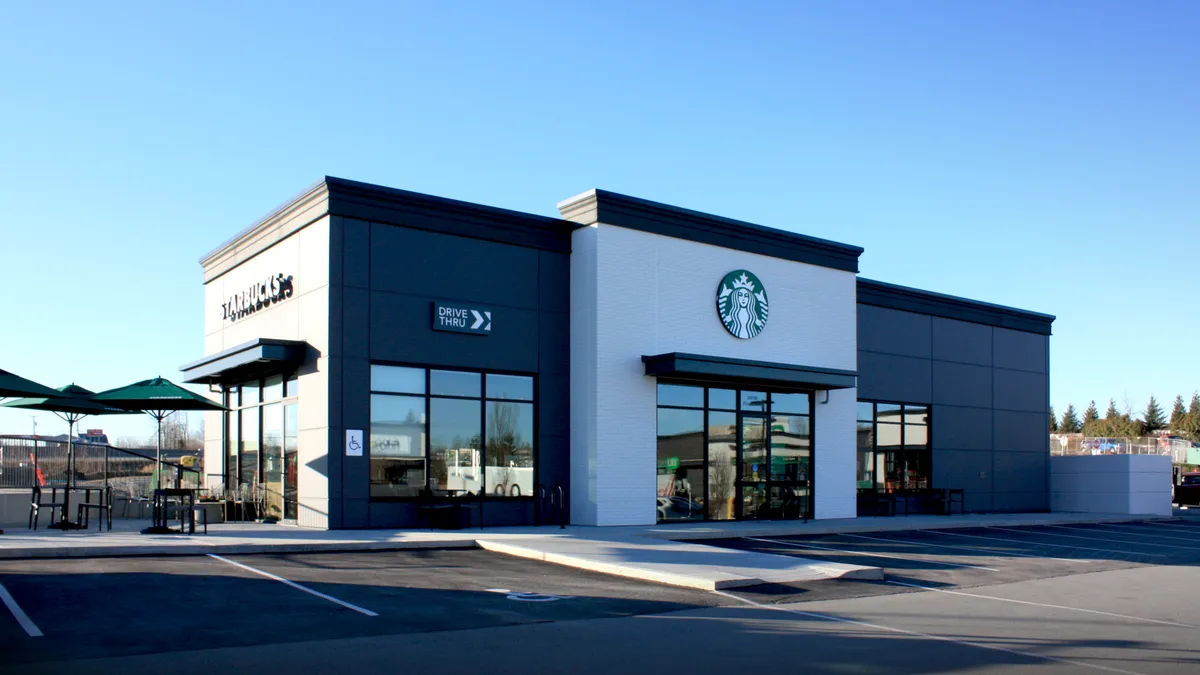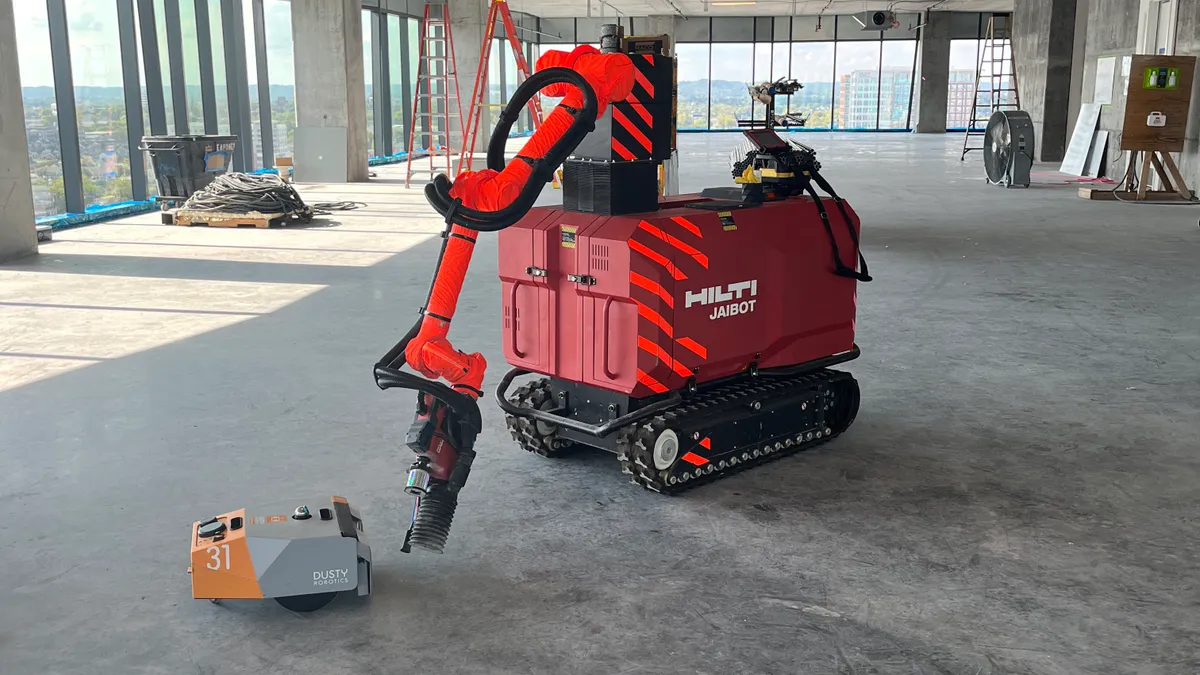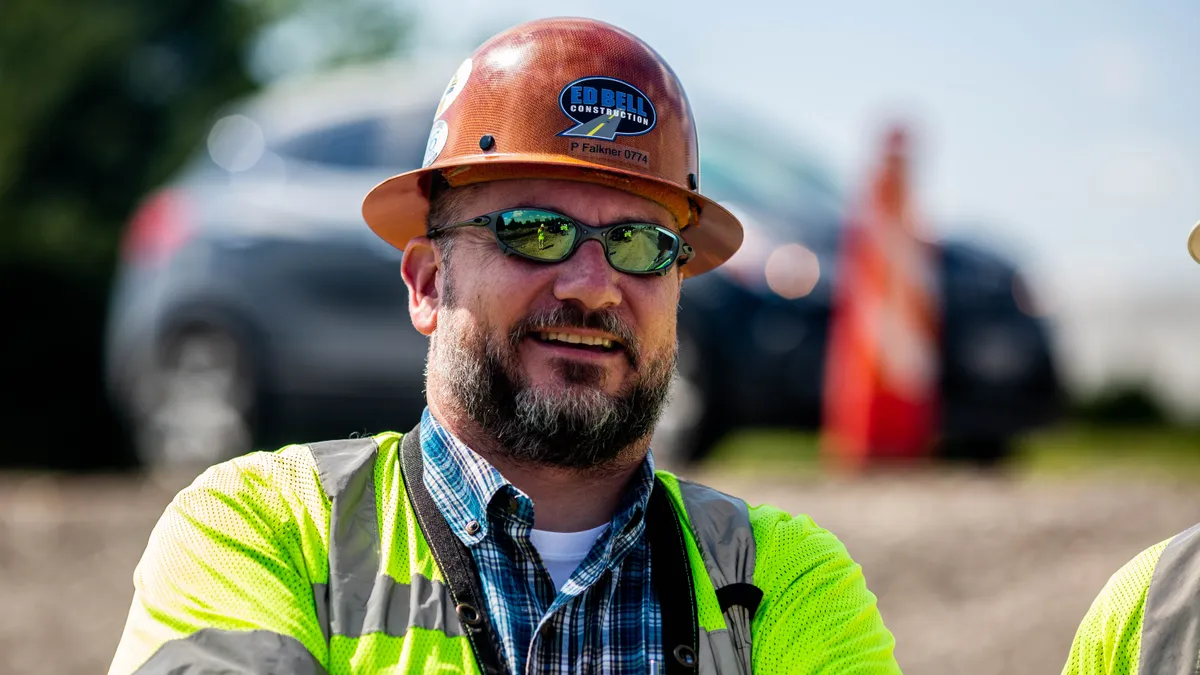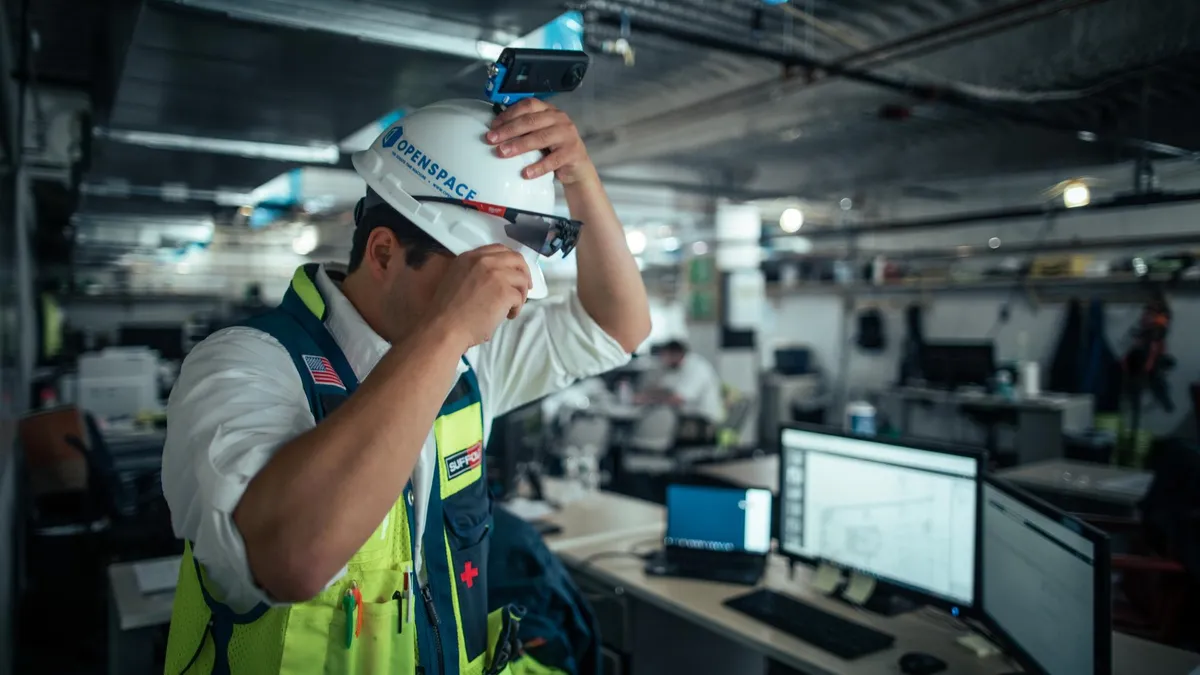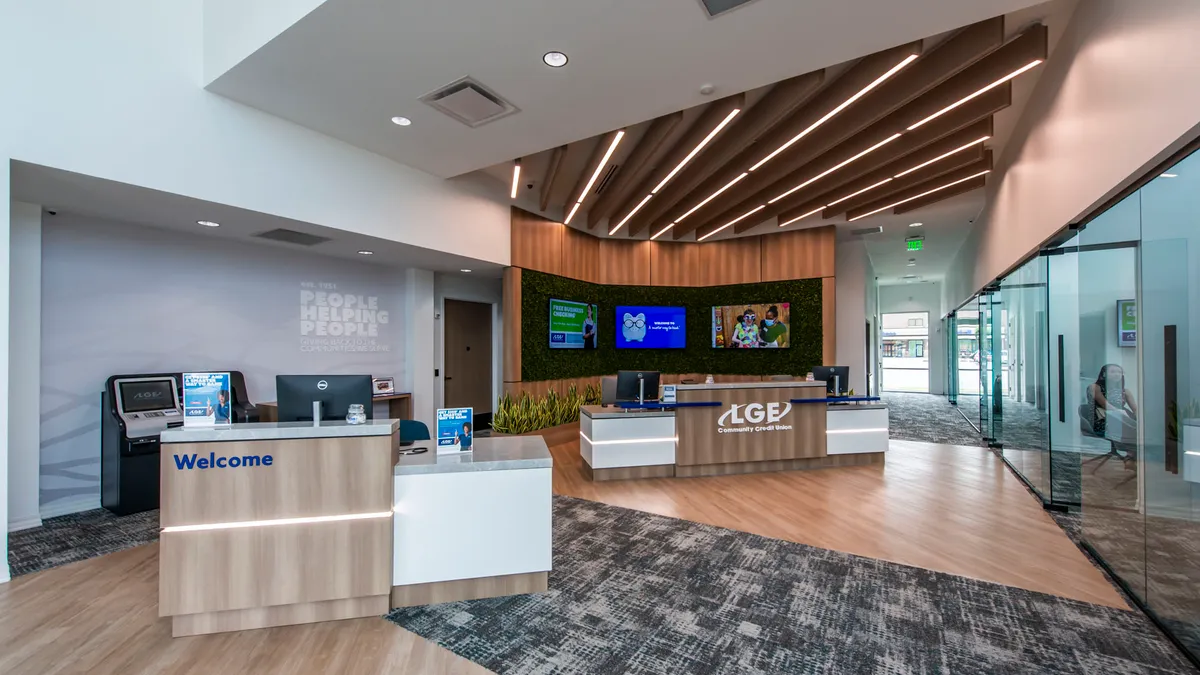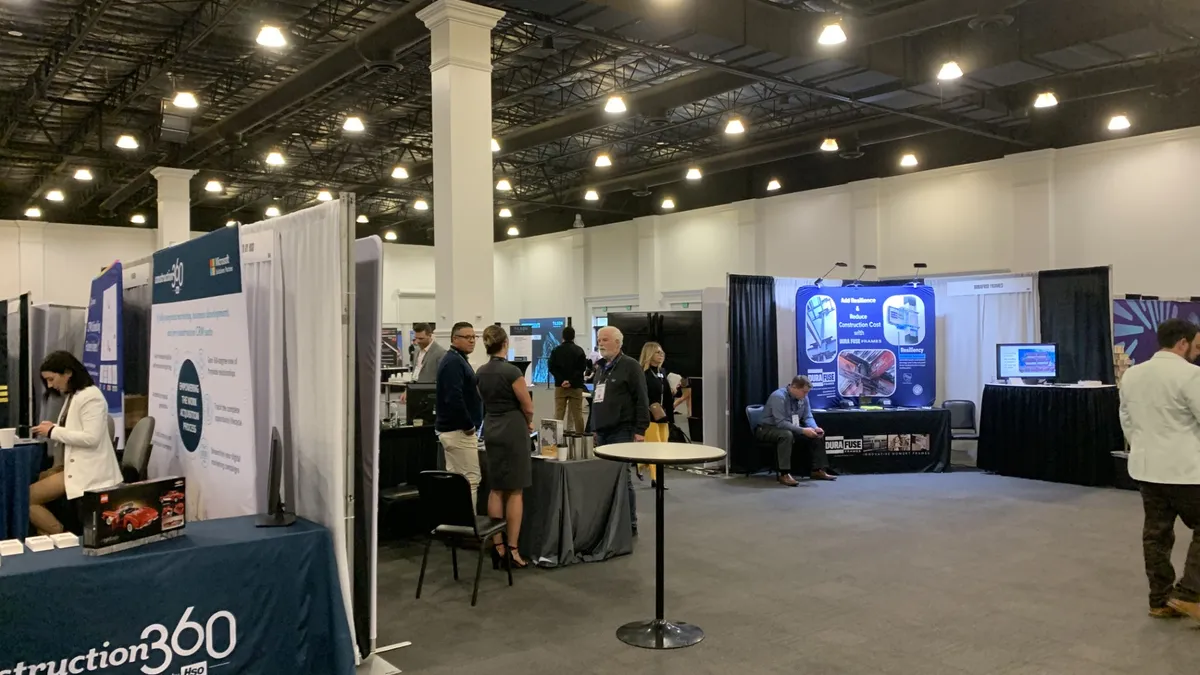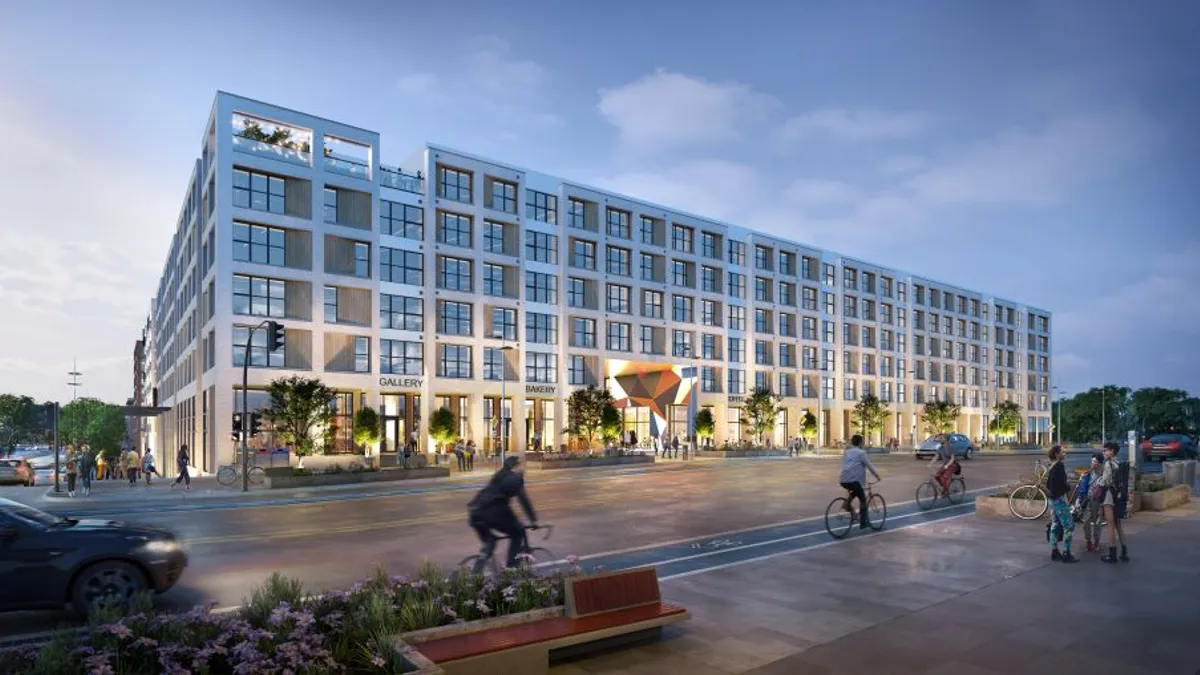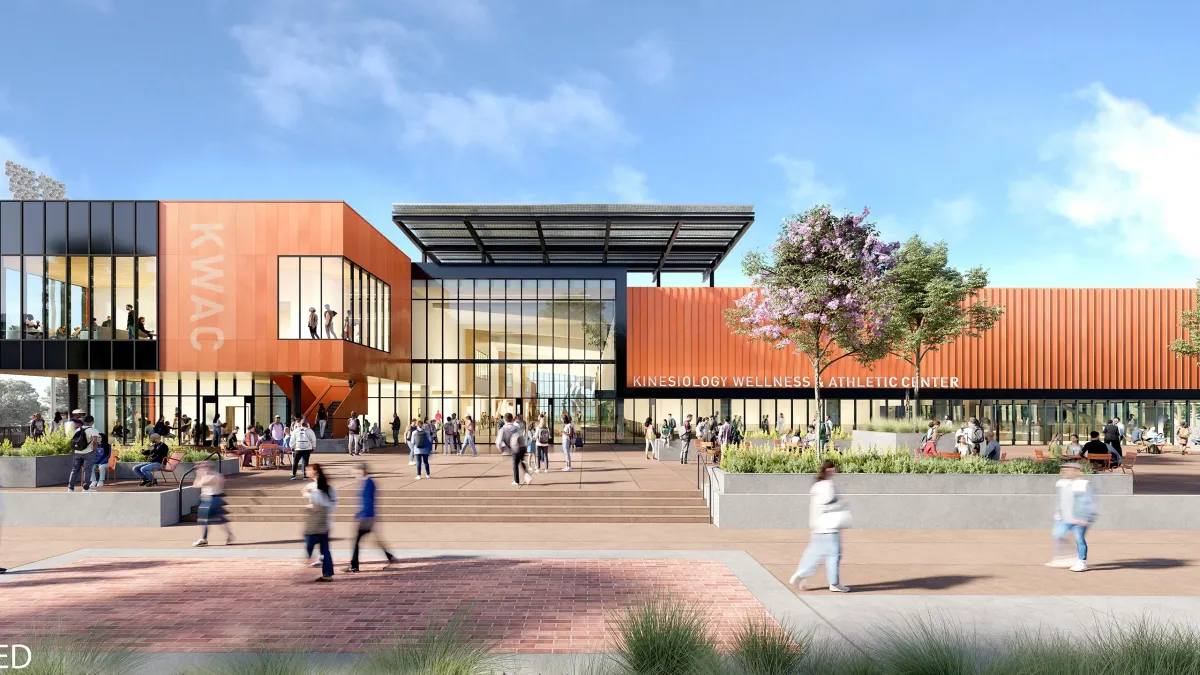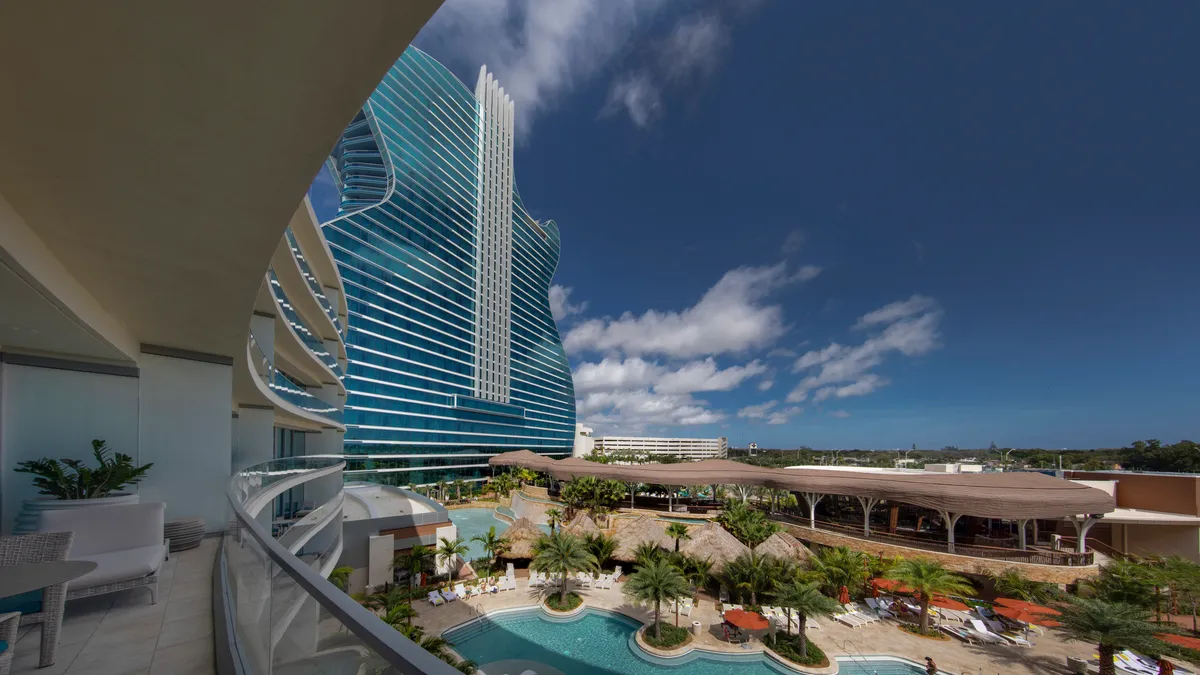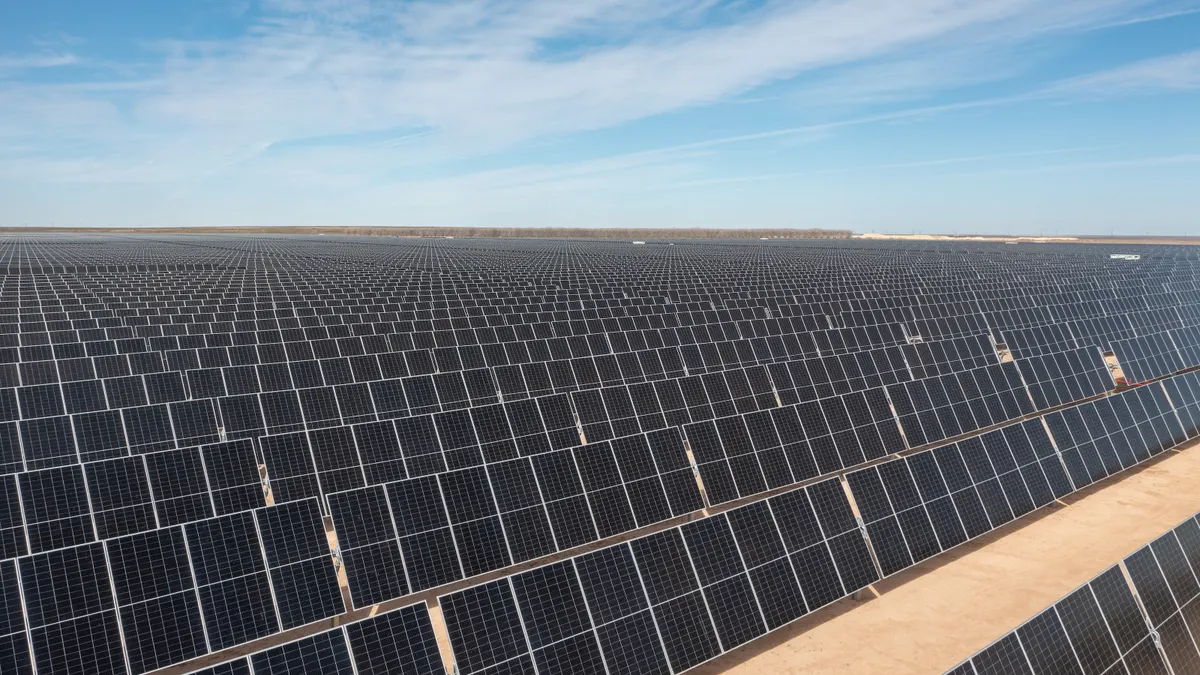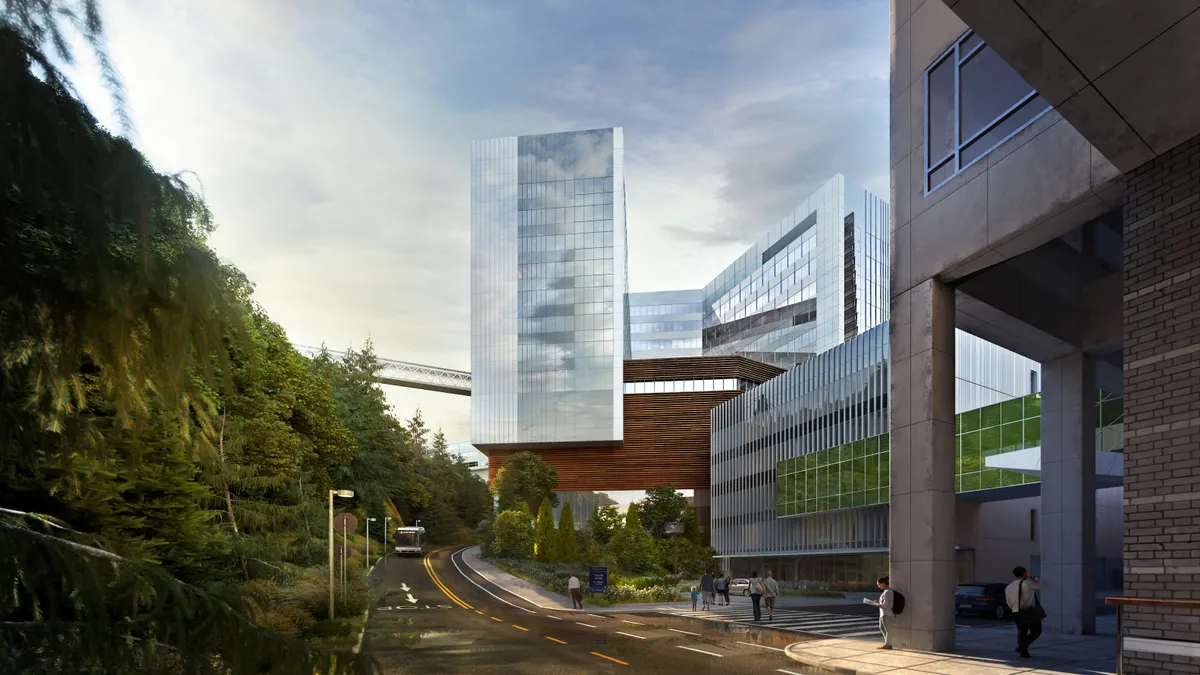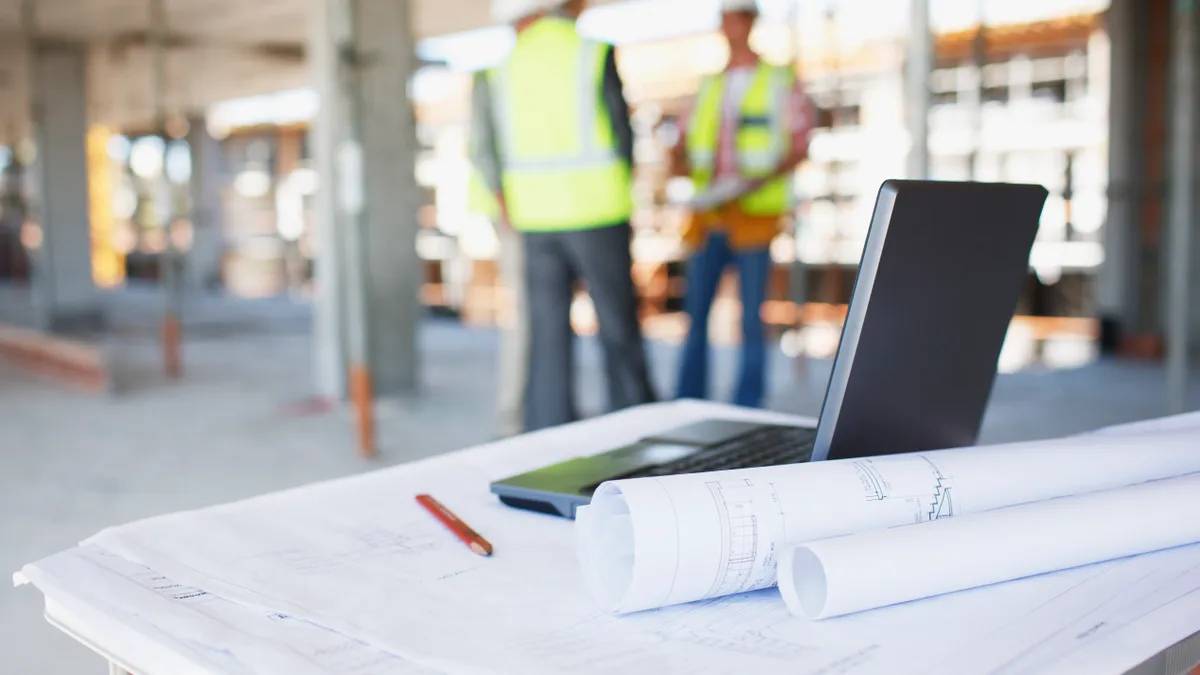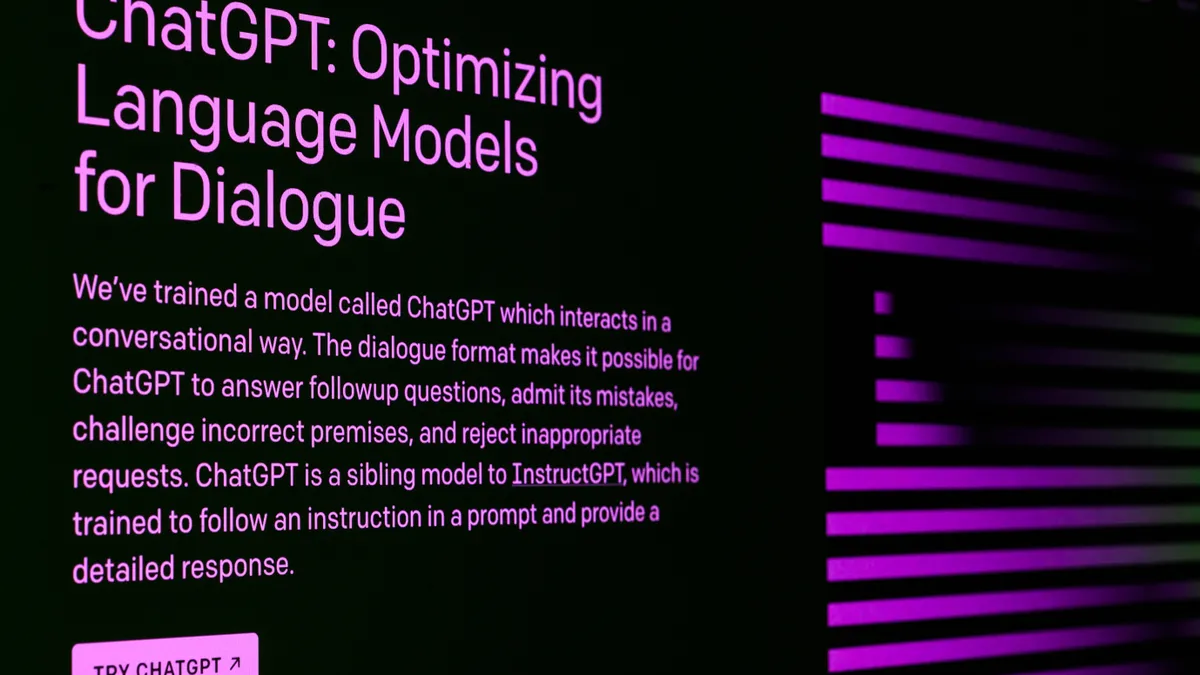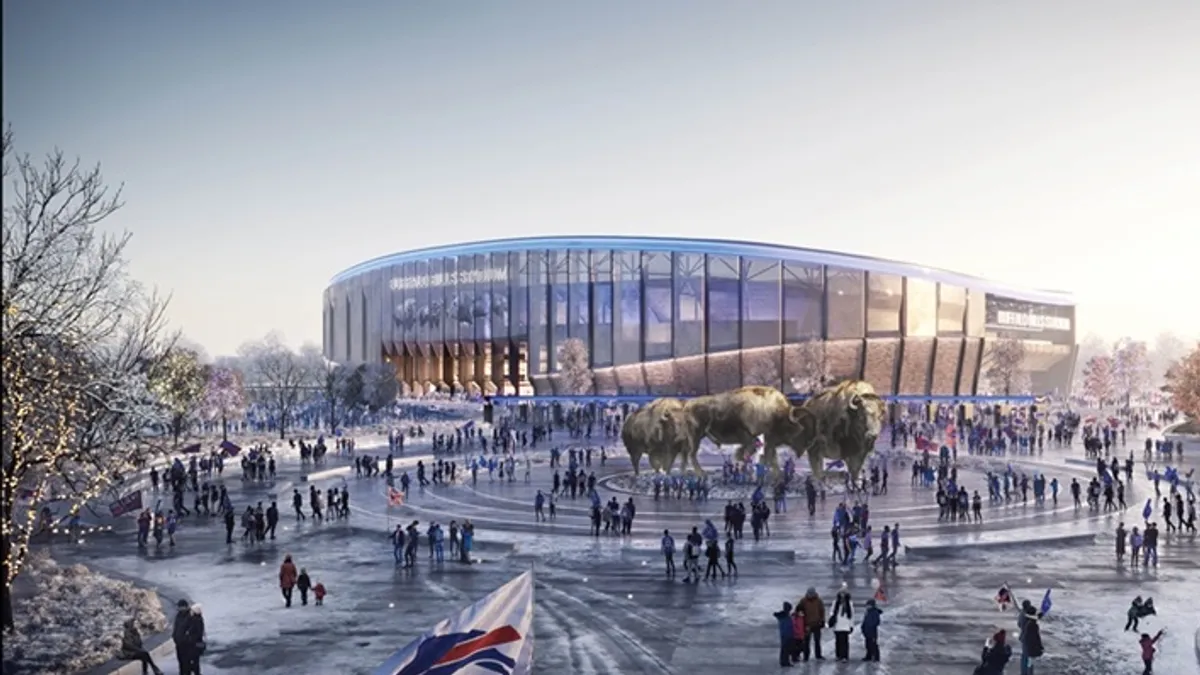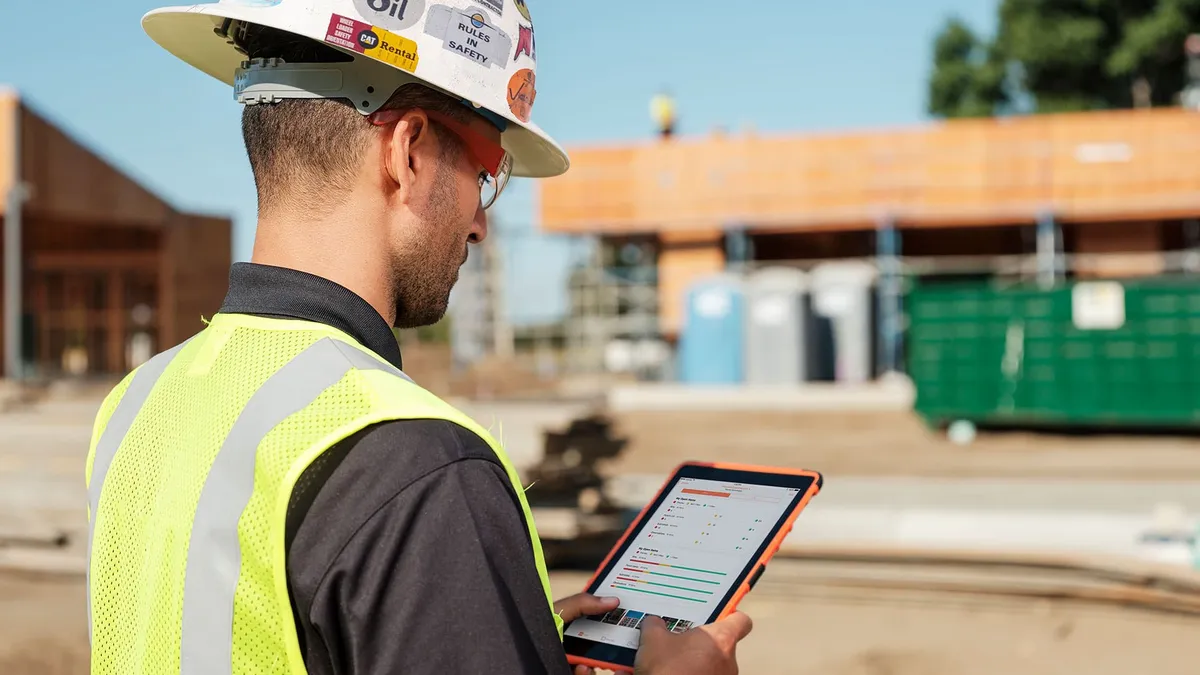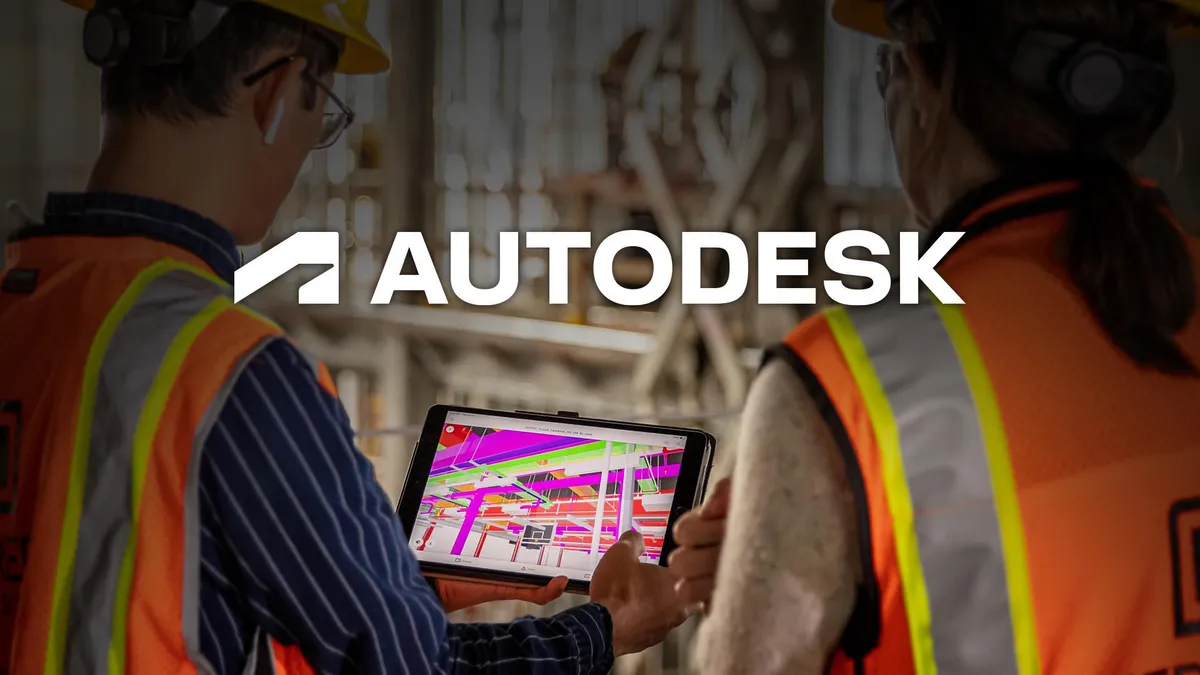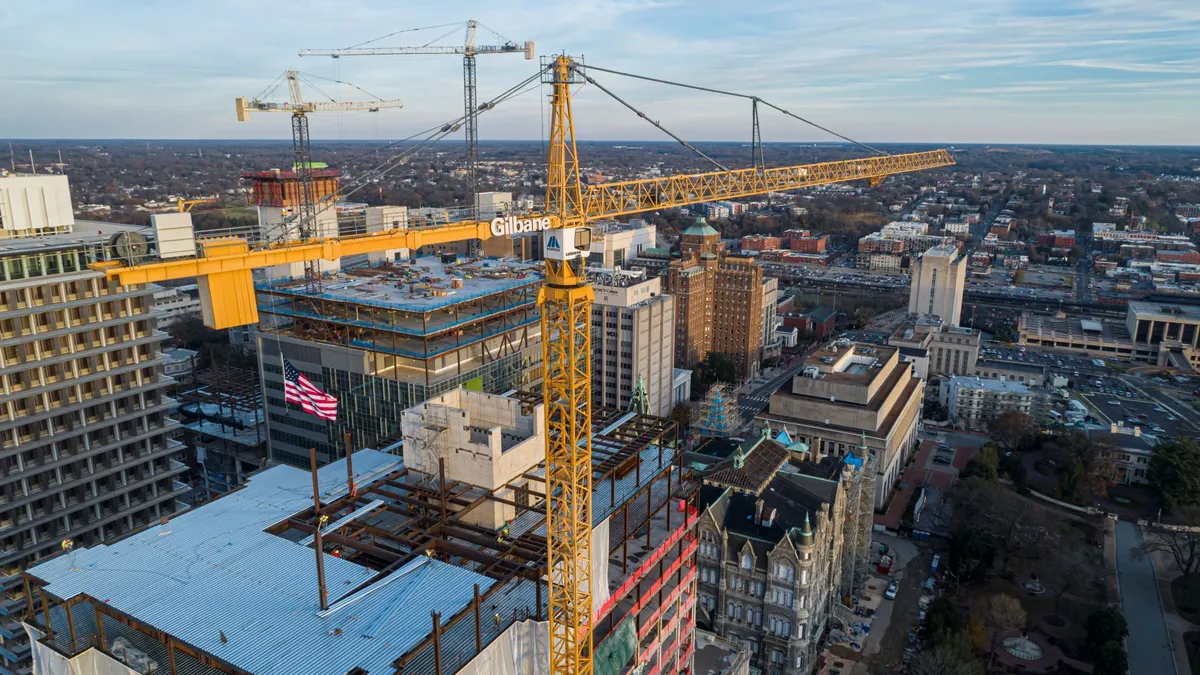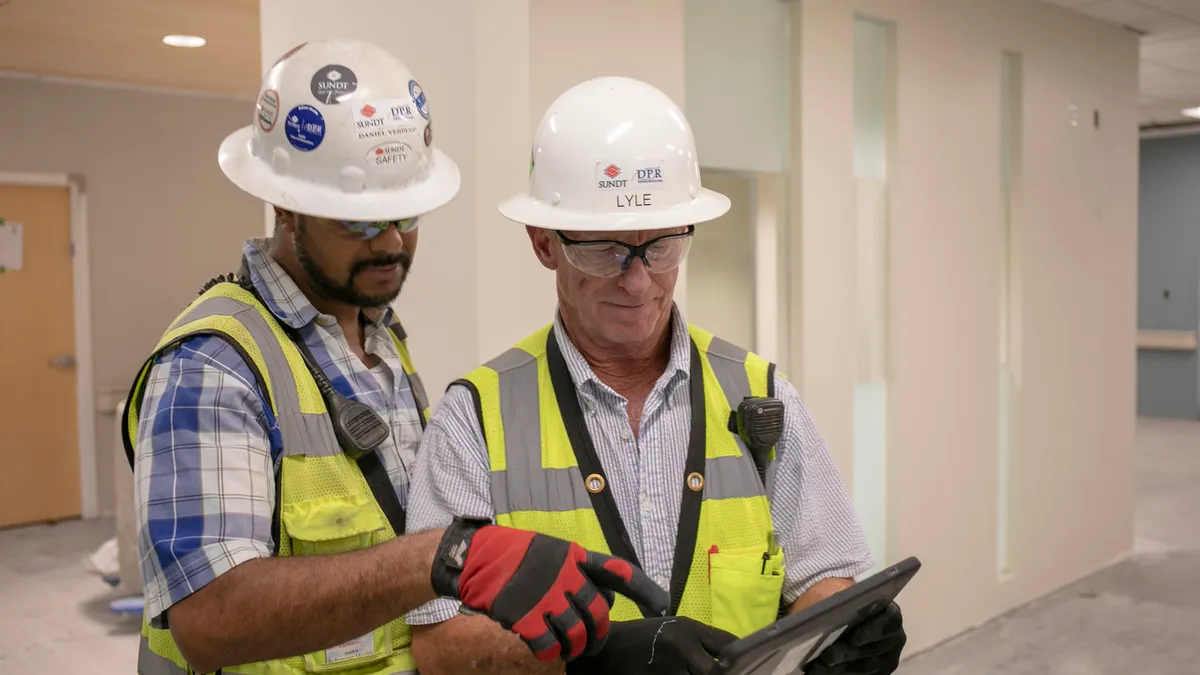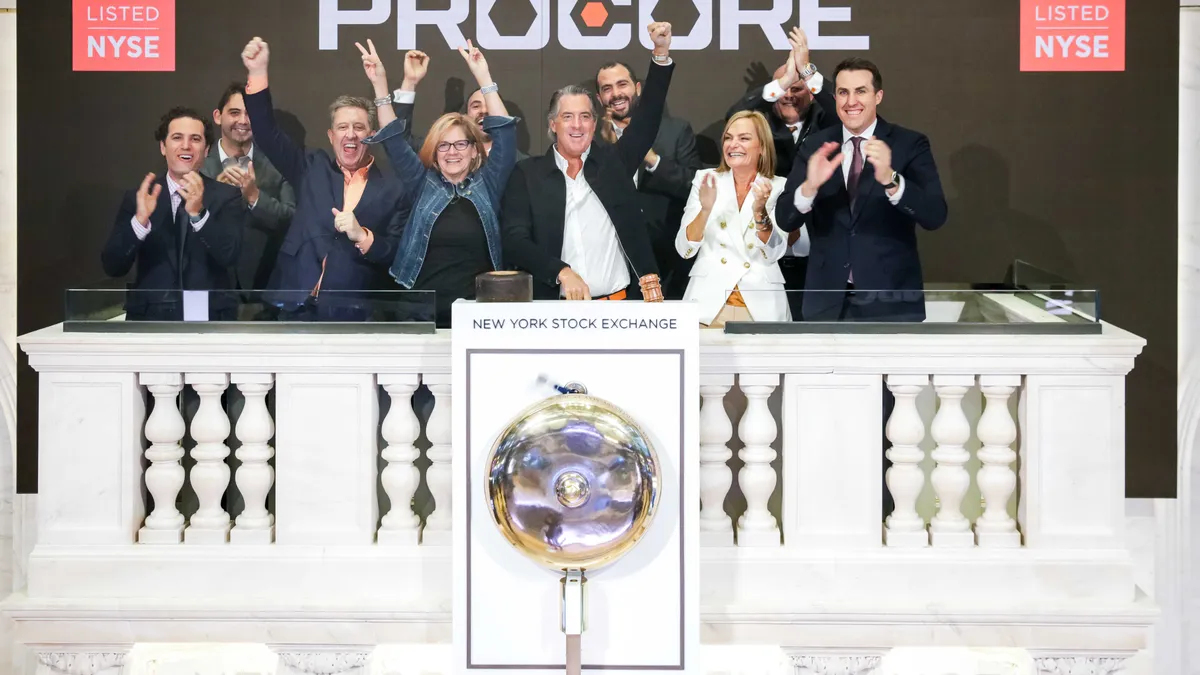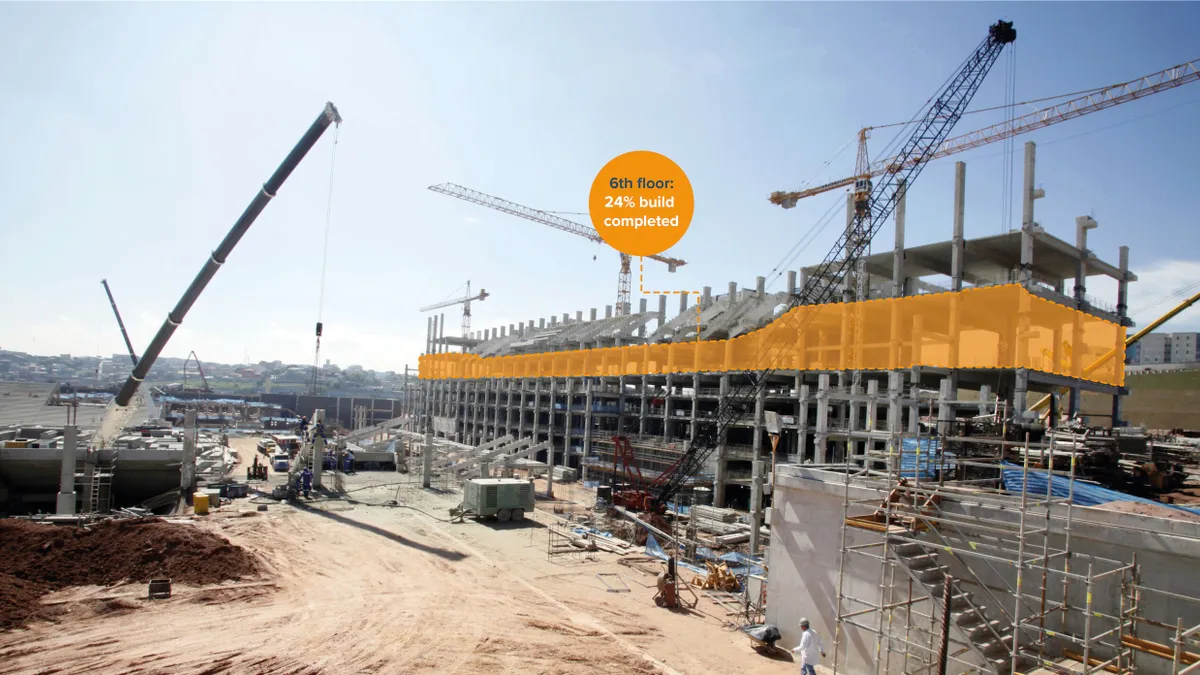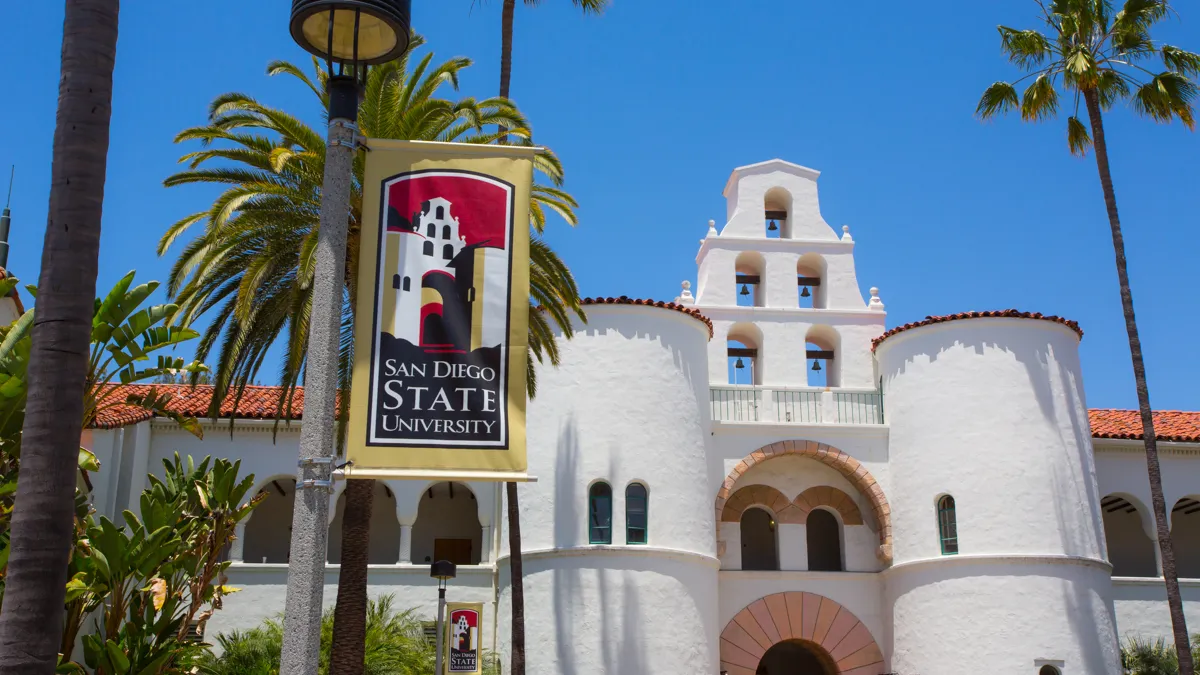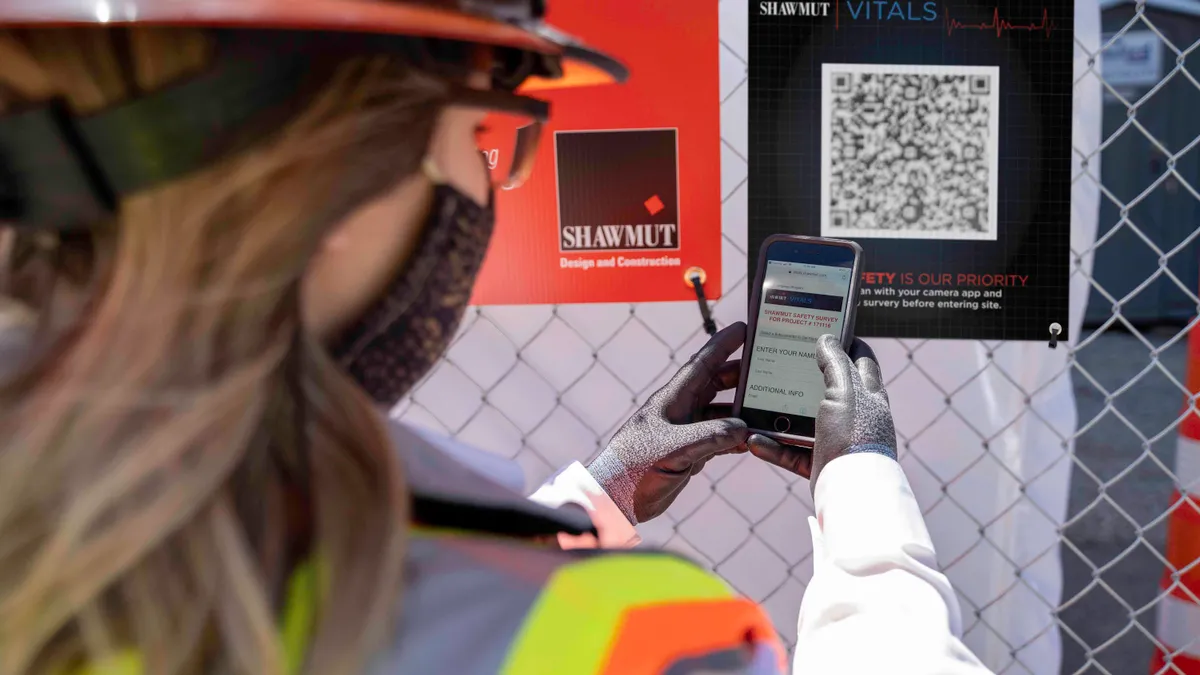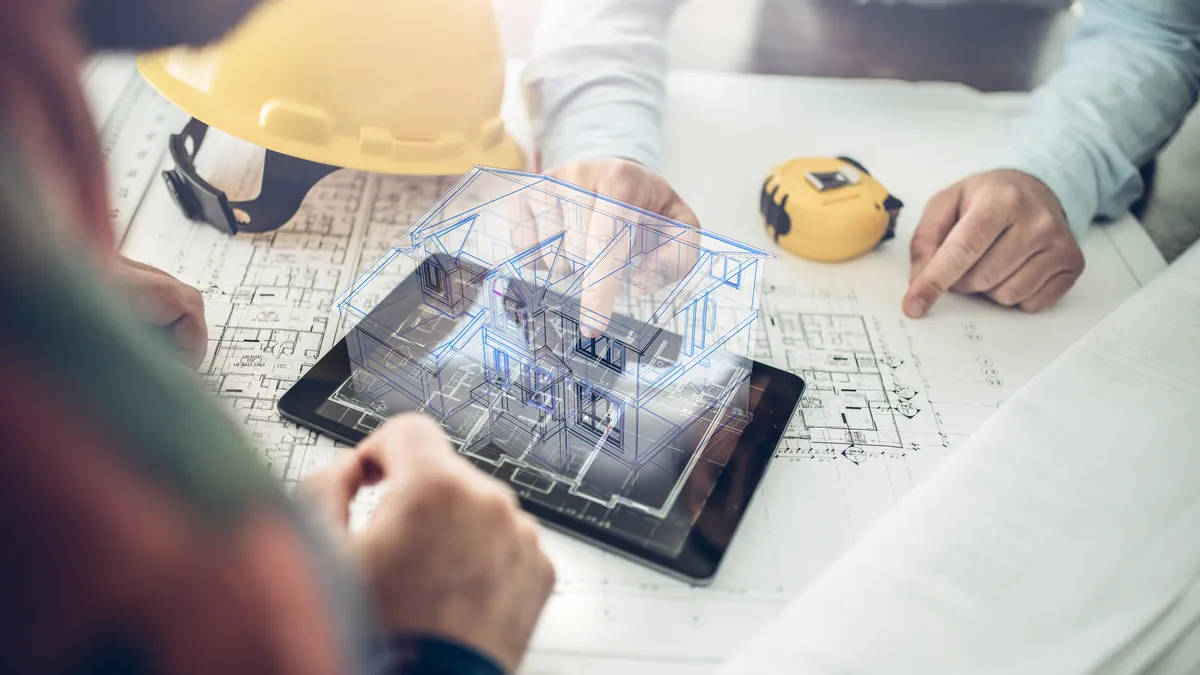In February, a drive-thru Starbucks in Abbotsford, British Columbia, popped up in six days. The energy-efficient building (shown above) was constructed by Canadian construction technology company Nexii.
Five months later, Nexii announced it had acquired fellow Vancouver-based company Omicron — one of the largest design and construction firms in Canada. Now, the builder is expanding its base by building factories in Canada and the Eastern U.S.
As modular continues to make waves for more commercial project types, Construction Dive spoke with Gregor Robertson, executive vice president of strategy and partnerships for Nexii, to learn more about the company and its trajectory.
CONSTRUCTION DIVE: Tell us a bit about the Nexii system.
GREGOR ROBERTSON: Nexii products are precision manufactured off-site and rapidly assembled on-site, which requires fewer resources, reduces the carbon emissions of buildings, produces far less waste and accelerates build times when compared to current construction methods. When we partnered with Starbucks to build their new cafe in British Columbia, we were able to reduce the store's carbon emissions by approximately 30% and complete the on-site assembly of the airtight building envelope in just six days.
Nexii's proprietary material, Nexiite, which is used in our building panels, has comparable properties to concrete, but contains no Portland cement or lime, significantly reducing end-to-end carbon emissions of Nexii buildings. Nexii panels provide a highly insulated airtight building envelope that markedly improves a building's energy efficiency and, in turn, significantly lowers the climate pollution from ongoing building operations.
By combining clean manufacturing, flat-pack transportation and on-site assembly, Nexii's construction waste is near zero. We are continuing to invest in research and development to eliminate waste from our processes entirely.
The construction industry is facing labor and materials shortages. How does modular construction help with that?
Increased demand, combined with low productivity and challenges in recruiting skilled workers is further compounded by the need for sustainable building solutions that are resilient in the face of climate change.
We are able to use smaller construction teams on site and control every aspect of our supply chain, which means that the skilled labor and material shortages do not affect Nexii as much as conventional construction projects.
Where are your factories and planned factories in the US?
We have announced eight production facilities across North America — five in Canada: Moose Jaw, Squamish, Alberta, Toronto, Vancouver Island, and three in the United States: Hazleton, Pennsylvania; Pittsburgh; and Louisville, Kentucky.
We have many more plants in development with potential licensees in major markets across the U.S. Our ambitious growth plans have recently been bolstered by several high-profile partnerships — including naming Honeywell and Trane as exclusive building technologies suppliers, collaborating with JLL to help identify additional manufacturers certified by Nexii across North America and recently acquiring Omicron Canada, an award-winning company doing design, development and construction.
What builders and clients do you work with?
As we continue to expand, we work with a number of key partners on our projects. So far we have some named partners such as PEG Companies, who we are working with to deliver the exterior building envelope for the Marriott hotel on Vancouver Island.
We have a number of projects in the works that will demonstrate the versatility of Nexiite and Nexii Building Solutions, and some examples of our ongoing work include Starbucks, Marriott hotel, drive-through and dine-in restaurants — including Popeyes and A&W Restaurants — and a retail bank. In addition, our new Nexii plant in Pittsburgh will be built entirely with Nexii products using the Nexii system.



